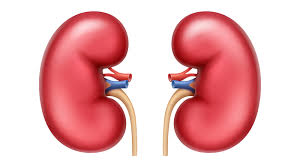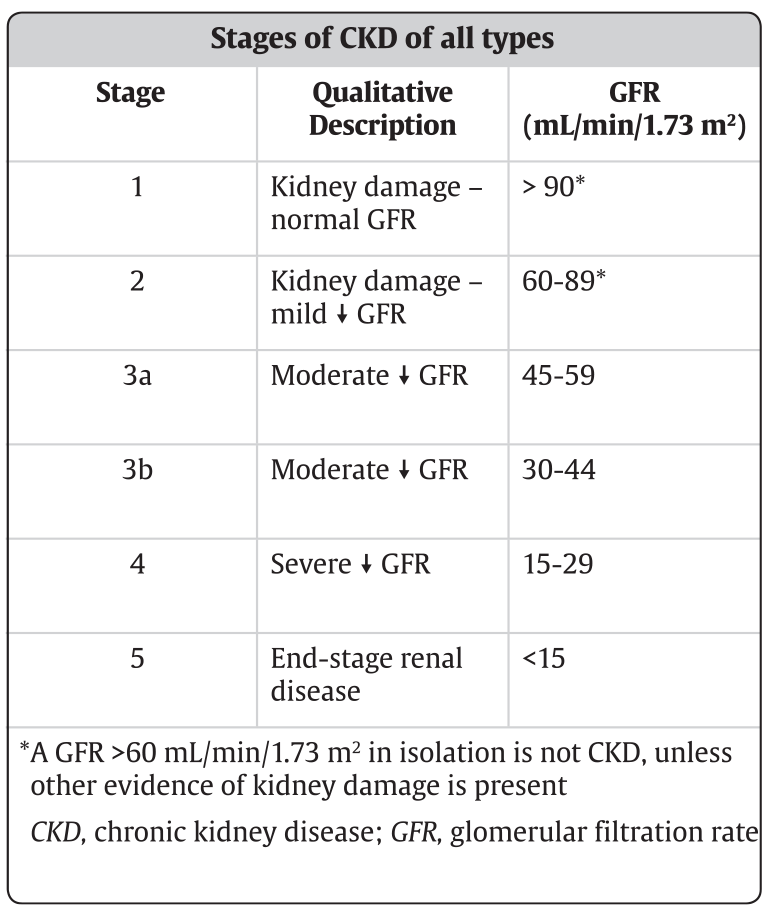What is the definition of CKD?
Keep track of your kidney data with PKB

It is surprisingly difficult to answer.
This is partly because chronic kidney disease (CKD) is not a diagnosis. It is a syndrome (group of diseases) with many specific causes (diagnoses). Nonetheless .. here goes.
Key points
- Chronic Kidney Disease (CKD) is defined as a
- Gradual loss of kidney function over time, or ..
- Structural abnormality of the kidneys, with normal renal function.
- CKD is not a diagnosis. It is a syndrome with a cause(s) – you need to find out what is causing it
- CKD affects approximately 10-15% of adults in the UK to some degree. However, most cases are mild (Stages 1-3B) and age-related
- CKD is associated with an increased risk of cardiovascular disease and hypertension, and can cause end-stage renal failure (ESRF; i.e. need for dialysis or a kidney transplant) in 1% of cases (rare)
- Early detection and management can slow disease progression and reduce complications.
Ok then .. tell me more about how CKD is defined
Here is a quite complex ‘doctors definition of CKD’
- ‘Functional CKD’ = an estimated glomerular filtration rate (GFR; see below) of <60 mL/min – that is present for at least three months (i.e. measured at least twice), with or without evidence of kidney damage (a higher GFR means better kidney function)
- ‘Structural CKD’ = evidence of kidney damage with or without decreased GFR – that is present for at least three months, as shown (by 1 or more of):
- Albuminuria (protein in urine),
- Haematuria (blood in urine, after exclusion of urological causes)
- Structural abnormalities (e.g. polycystic kidneys on renal ultrasound)
- Pathological abnormalities (e.g. on kidney biopsy)
- Electrolyte and other abnormalities due to tubular disorders
- History of kidney transplantation.
This definition is based on the 2024 KDIGO CKD guideline (Stevens, 2024).
Stages of CKD/GFR
CKD is graded into stages 1, 2, 3A, 3B, 4 and 5 – from minor to severe kidney disease.

Who needs to be referred to a nephrologist?
- If your GFR falls below 60 ml/min (Stage 3A CKD), your GP should discuss you with a hospital based kidney disease specialist (called a nephrologist)
- If your GFR is less than 30 ml/min (Stage 4 CKD) you should see a nephrologist
- A GFR below 15 ml/min (Stage 5 CKD) indicates that you need to start a treatment for kidney failure (dialysis or a kidney transplant).
Summary
We have described what is CKD. We hope it has been helpful.

